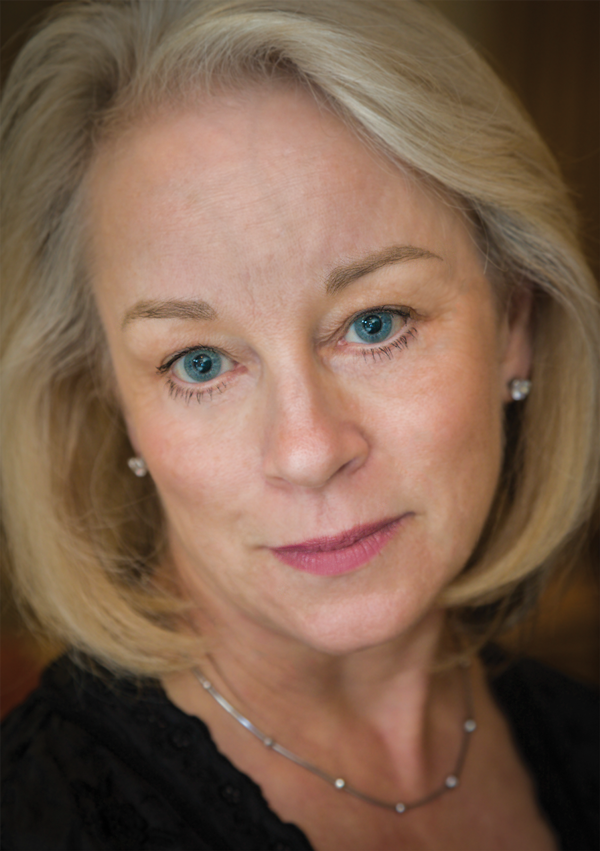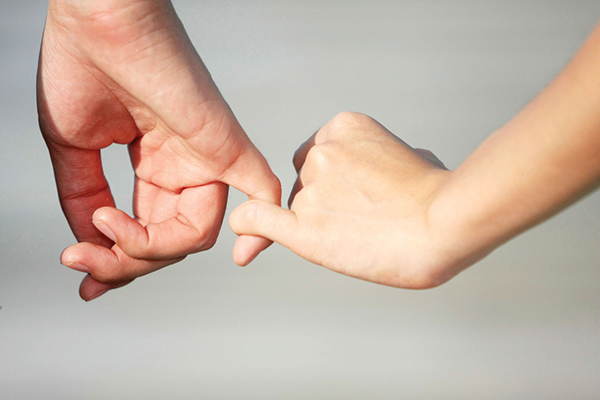Together Against Cancer
The Quality of Your Relationship Matters
by Wanda Garner, MS, MA
The doctor’s voice sounded muffled, as if it were coming down a long tunnel, while I sat with my sister-in-law as her husband’s proxy. His own cancer treatment and preparation for a stem cell transplant in another city kept him from going with her. I left the office in a fog from the shock a cancer diagnosis creates. Cancer happens to families, and it trumps everything.
A cancer diagnosis brings the threat of loss to each partner, and both are terrified. How do couples navigate this unfamiliar, scary terrain? Do they turn to each other and confide their fears? Or do they turn inward, trying to be “strong” in order to protect their partner? Unfortunately, the latter often prevails, and couples lose the opportunity to increase their emotional connection when they both may be feeling isolated and alone. But how do you turn to your partner and share vulnerable feelings when to do so leaves you feeling exposed?
It’s terrifying to risk vulnerability when your relationship already feels unsafe or disconnected due to the threat of cancer. It’s like being on the edge of a cliff and knowing you may jump, but also knowing there’s no soft place to land. The danger seems too great. Feelings are kept inside, or anger is displayed. And the result is greater and greater disconnection and aloneness.
Couples coping with cancer need a “safe haven” where they each will be heard and where their partner will respond with care, support, and reassurance. A safe-haven relationship is one where emotional connection is present; it’s one that serves as an “inner resource” helping couples cope better with stress and process fear.
How does a couple develop a safe-haven relationship? Some couples have learned to repair rifts in their relationship soon after they occur by talking from the heart about feelings stirred up in an argument. They share their universal needs to be seen, heard, and loved. However, couples who do not repair these rifts end up in infinite loops of conflict about finances, kids, or sexual intimacy and never get to the root of the problem, which is usually about the longing to be loved and respected by their partner.
When we are willing to talk from the heart about these longings, our partner can respond positively by drawing closer to us, thereby creating our longed-for connection. However, this closeness does not always happen after one conversation, as many couples have been in conflict for so long that neither partner trusts the other. For these couples, it will take time and repeated sharing to build the trust required for their partner to reach back when a heartfelt fear is shared. Building trust takes a great deal of work, and perhaps some professional counseling.
Couples need to take the risk to express their fears. They need to risk overturning the silence or the anger that hides their true emotions. Physically touching or holding each other is very powerful and can help make sharing fears easier.
For couples facing cancer together, it’s important to work on developing a safe-haven relationship. This kind of relationship will offer the cancer warrior major benefits, such as reduced depression and anxiety, a decreased sense of isolation, and a greater sense of control over life. When facing cancer together, the quality of your relationship does matter. To strengthen your bond, try having a L-O-V-E conversation with your partner. Listen with an open heart and mind, validate and acknowledge each other’s fears, and express your thoughts and feelings softly and simply.
You do not have to have all the answers; just listening, understanding, and being present are enough. You are all your partner needs.
Risk opening your heart, and allow your partner to do the same. A strong connection with your partner is like emotional oxygen. It’s a powerful nutrient for cancer warriors.

Wanda Garner is a certified emotionally focused therapist and supervisor who leads couples workshops at the University of California, San Diego, Moores Cancer Center. For more information and workshop dates, visit her website, HoldMeTightEvents.com.
If you think your relationship might benefit from emotionally focused therapy, you can locate an EFT therapist near you by visiting the International Centre for Excellence in Emotionally Focused Therapy website, ICEEFT.com.
This article was published in Coping® with Cancer magazine, March/April 2016.


